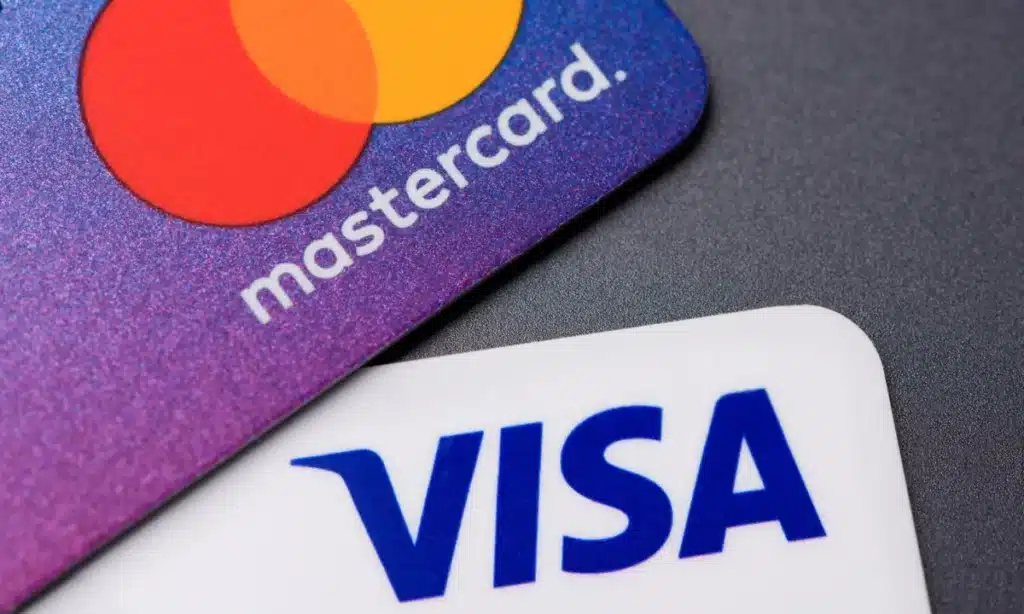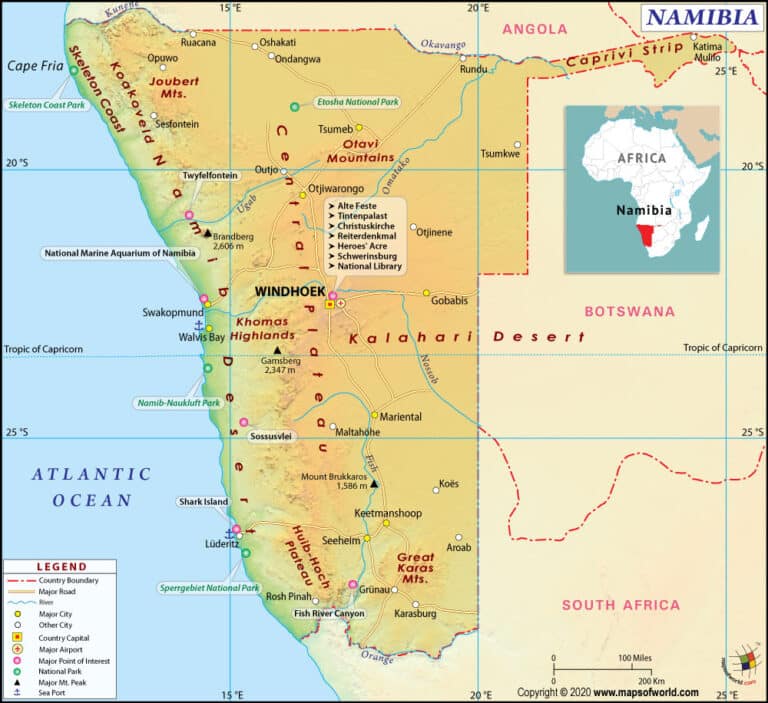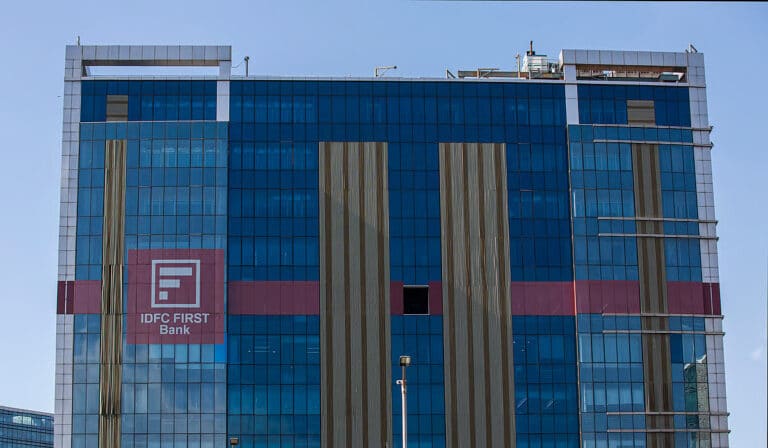
Visa and Mastercard have agreed to a revised $38 bn settlement in an effort to resolve a 20-year legal dispute in which US merchants accused them and several banks of inflating the cost of card payments. The revised deal follows a smaller $30 bn proposal rejected last year by a federal judge who said it failed to offer sufficient relief.
The new settlement would see the card companies reduce average swipe fees by 0.1% point for five years. These fees, also known as interchange fees, averaged 2.35% in 2024. Standard consumer card rates would be capped at 1.25% for eight years. Merchants would also gain more flexibility to add surcharges of up to 3% when customers pay by card.
The agreement would allow businesses to choose whether to accept certain categories of cards, including premium rewards cards, rather than being required to accept all cards from each network.
Visa and Mastercard say the settlement would provide meaningful benefits, particularly for smaller businesses. However, several major retail groups, including the National Retail Federation, oppose the deal. They argue that merchants would still face high costs and that the reforms do not sufficiently address the influence of popular rewards cards in driving up fees.
Economists advising merchant plaintiffs estimate that stopping continued fee increases could save businesses $38bn by 2031, with wider reforms potentially saving $224bn and improving competition in the payments market.
Visa and Mastercard have not admitted wrongdoing. Approval from US District Judge Margo Brodie is still required.
Support for the settlement has come from the Electronic Payments Coalition, which includes major card issuers, but critics say banks would still be able to maintain high fee levels and limit merchant bargaining power.













